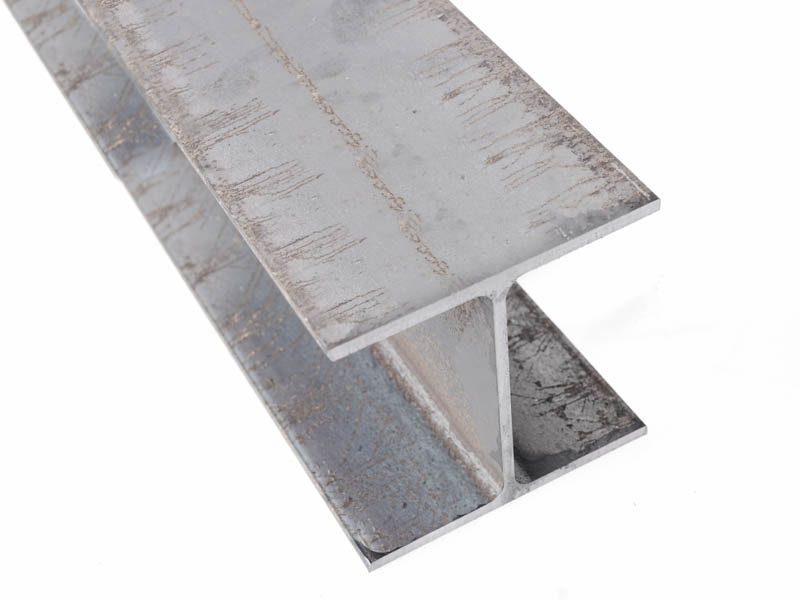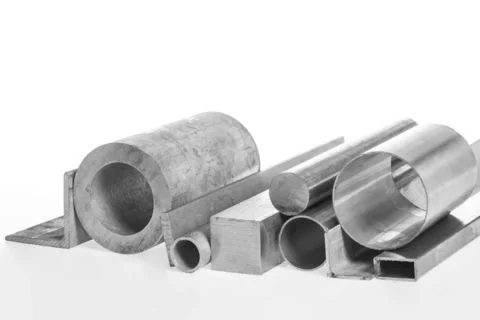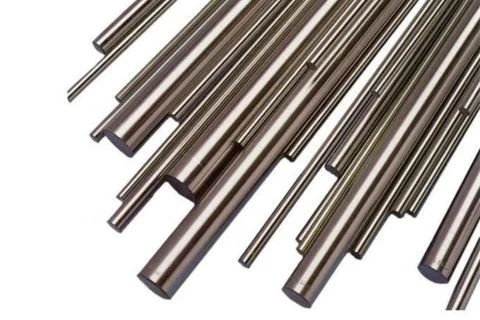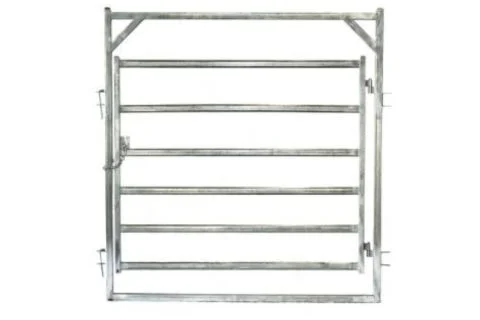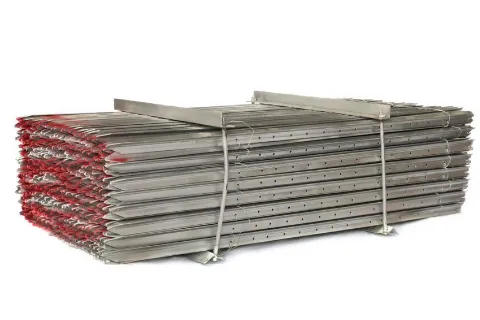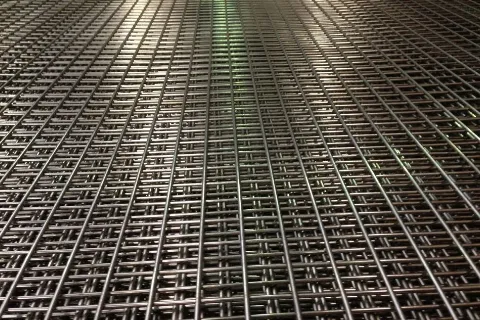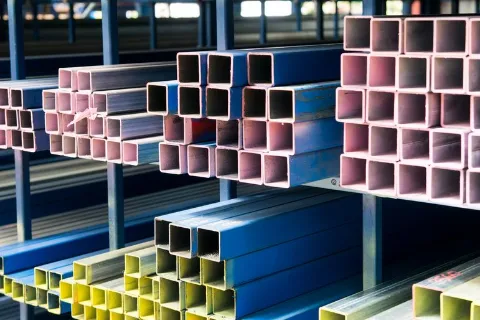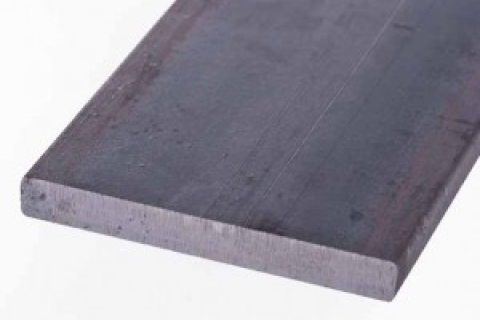Gas bottle safety

Edcon Steel has a variety of SpeedGas cylinders available for purchase or ‘swap and go’, which have become very popular among our customers.
When handling gas cylinders it is incredibly important that all users understand gas bottle safety, as they can be very dangerous if handled, stored or transported incorrectly.
To make sure you are using gas cylinders safely and efficiently, it is important to follow all manufacturer instructions, Australian Standards, WorkSafe Codes of Practice, safety data sheets (SDSs) and safety protocols.
Before you pick up your gas bottle, make sure you know which will be the most suitable for your welding project. Some important considerations include the finished weld properties, preparation and post-weld clean-up, the weld transfer process and your base materials. If you’re not sure which gas you need, check out our SpeedGas article. Be sure to note any particular safety instructions for individual gas types.
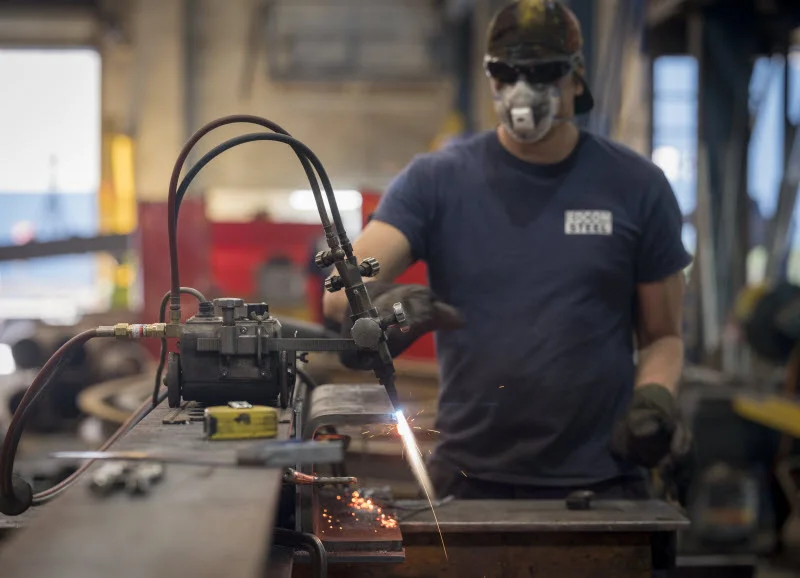
Safe work areas
There is a risk of fire and explosion when gas cylinders are used incorrectly, so it is vital that safety considerations be made whenever you are working with gas.
Before you start working with gas, your work area should be set up correctly; remove all flammable materials; ensure no surface is still wet with degreasing solvents; and ensure your work area is sufficiently ventilated (use local exhaust ventilation systems to remove fume and gases from the welder’s breathing zone if necessary).
It is also important to cover degreasing baths and/or containers and make sure you are welding away from these containers.
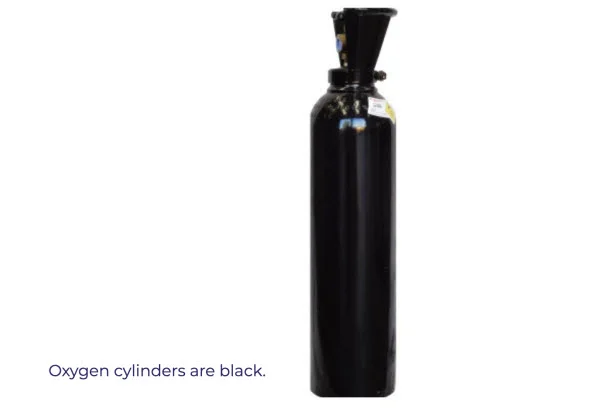
Handling and storing gas bottles
When handling gas bottles, appropriate protective equipment should always be worn.
In general, cylinders should be stored away from ignition sources and kept in cool, dry, well-ventilated areas, out of direct sunlight and away from heat. All gas cylinders should be stored in an upright position on a firm, level floor, preferably concrete, secured and separated from empty cylinders. All oxygen cylinders should be kept oil-free and stored away from any sources of oil.
Importantly, oxygen and acetylene can react dangerously with one another. It is imperative that they are never stored together.
All gas bottles should be checked for specific storage conditions. For further advice on storage, contact your gas manufacturer.
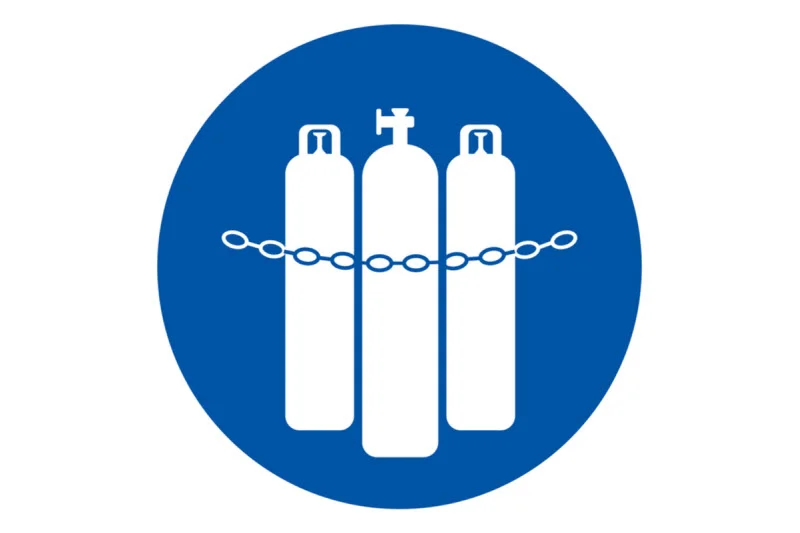
Carrying gas bottles in vehicles
Individuals are legally allowed to carry some industrial gases in their vehicles, but this is normally limited to one or two cylinders of non-flammable and non-toxic gases (DG 2.2).
If you’re transporting gas bottles in your vehicle, make sure you comply with the following rules:
- Ensure safe loading practices – cylinders must always be restrained and secured with straps.
- Acetylene and CO2 must always be transported in the upright position.
- The valves should always be tightly turned off, to the ‘close’ position.
- Windows should be down to allow for ventilation.
- Cylinders must always be restrained and secured.
Are you looking for complete steel solutions?
Edcon Steel is Australia’s most comprehensive online steel and metal superstore. We cut and supply steel and metal – in a wide range of shapes, sizes and grades – for all your project needs.
We know metal and steel – and we know our customers appreciate our service and stockholding, so feel free to contact us for your steel or metal solution today.
Like and follow us on Facebook to find out more about our next competition to be run later in the year.

